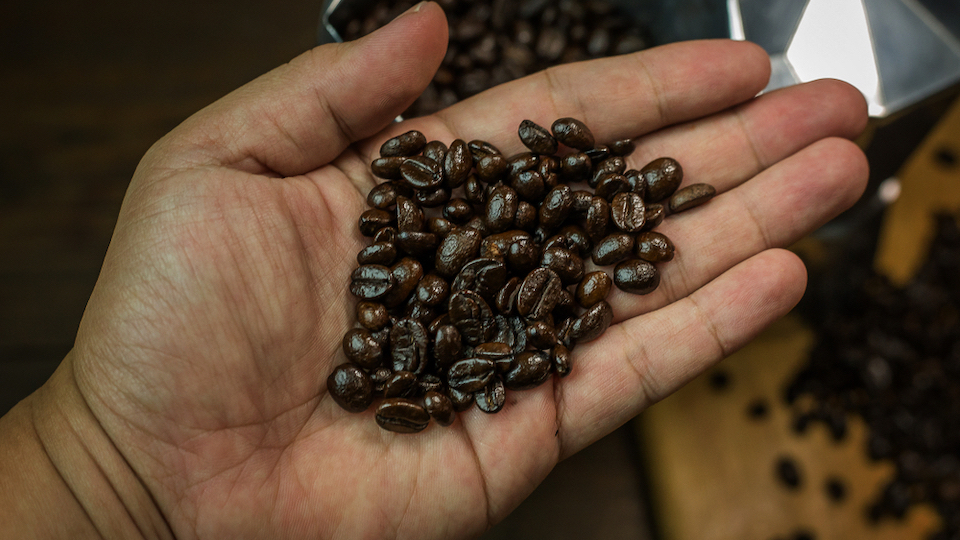
Most of us love waking up to a cup of coffee, but what many do not realize is that its history is as rich as its bold aroma permeating through the morning.
Let’s take a brief look into how the coffee industry has thrived over the years, starting from the famous legend of its discovery by a young goat herder to how it continues to dominate our culture today.
Quick History
From coffee shops to homebrewed coffee, this most beloved drink has had a rich history.
Legend has it that in Ethiopia, a young goat herder noticed his goats nibbling on the red berries of the plant. He soon discovered that his goats seemed to be energetic afterward and thus, the discovery of the coffee plant. Monks soon experimented with this drink to keep them awake and henceforth word of its benefits spread.
However, the most evident history of coffee seemed to have been from the accounts of Ahmed al-Ghaffar, where coffee seeds were roasted and consumed in Yemen in the 15th century. Coffee became so popular that its demand started to rise.
In the 16th century, consumption of this favorite drink soon spread to Persia, northern Africa, and the rest of the Middle East. Since coffee proved to be a valuable export, their leader aimed to stop the export of beans.
Enter, Baba Budan, who, according to legend, smuggled seven beans on his chest to plant them in India.
Of course, with today’s technology, you don’t have to smuggle beans just so you can have your favorite cup of Joe. Resource sites like HomeGrounds.co can tell you all about home brewing the best coffee beans, as well as the different coffee recipes that you can make in your own kitchen.
The Rise of Coffee in the Rest of the World
Since trade was reaching new heights between Europe and the Middle East, the drink eventually spread to Italy, and it was soon given the status of a Christian beverage by Pope Clement VIII as there were attempts to ban it since it was thought of as a Muslim drink.

By 1645, coffee houses began opening up in Rome. These coffeehouses began to flourish all over Europe as a place to discuss business, among other things, and to this date, coffee is still used as the beverage of choice for sit-down meetings and the like.
The Netherlands was home to the first coffee houses that were known to serve coffee and serve as meeting places.
The Coffee Culture
Coffee was hugely symbolic as it was consumed by early American leaders for their patriotic defiance against the royalty of the monarchs in England since the latter drank tea. After the War of 1812, Britain had cut off access to tea imports, and the demand for coffee grew.
However, it didn’t stop there. James Folger started selling coffee to miners in the gold rush, and other producers began realizing the growing market in Americas.
Famous Starbucks founder, Howard Schultz, after being rejected so many times for bank loans, soon opened up the first Starbucks in 1971 in Seattle. Now, Starbucks is an internationally recognized brand with more than 29,000 stores worldwide.
In the last four decades, coffee has thrived under what is now called the coffee culture. It has come to the point that coffee houses have been considered a “third place”—a place outside home or work that people think of as a social setting. Coffee houses became a staple to a community where you could have a proper conversation and interaction about work, life, or business.
Pop culture has also helped spread the coffee culture. Who will ever forget about “Central Perk”, a fictional coffeehouse in the set for the widely-popular sitcom Friends or the coffeeshop setting that even the show Seinfeld used?
This propagated the so-called coffee culture in mass media, and it is undeniable that it could have had an influence in making coffee houses accessible to a certain degree.
The Growth of the Coffee Industry in the Future
We now hear of coffee tours where tourists engage in the form of ecotourism to see how their favorite drink starts from a small little bush.
Since 2001, there has been an increase in the number of specialty coffee shops. It also does not seem that it is likely to stop with coffee shops and coffee consumption taking a mainstay in countries all over the world.
Coffee has become an integral cash crop for many countries around the world, and there’s no sign that it will slow down anytime soon.
Whether we use it to wake up or to fuel our next conversation, coffee will forever be immortalized in our hearts as the drink that we will all have a fond memory attached to. So the next time you enjoy your cup of coffee, remember the legend of the energetic goats and how it’s reached your coffeemaker!





